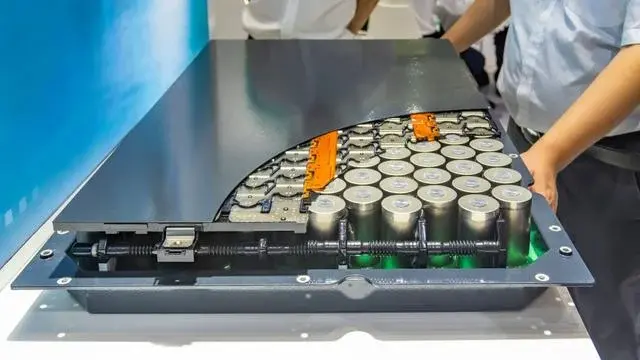Samsung is making significant strides in the EV market with its latest battery technology. The South Korean technology leader has introduced a new battery capable of providing up to 600 miles of range with just 9 minutes of charging. This innovation was unveiled at the SNE Battery Day 2024 expo in Seoul, South Korea. Samsung has also announced that it has initiated a pilot run for its solid-state battery line, which was established in 2023 with plans to mass-produce these batteries by 2027.
Battery Testing and Feedback
Since the end of 2023, Samsung's new EV battery has been delivered to electric vehicle manufacturers for testing purposes. Samsung SDI, the division responsible for this advancement, has reported positive feedback regarding the battery's performance. These batteries can offer a driving range of 600 miles (965km) with just 9 minutes of charge, and they are designed to last up to 20 years.
Advantages Over Lithium-Ion Batteries
The new Samsung solid-state battery is lighter, smaller, and safer compared to the widely used lithium-ion batteries in EVs. By replacing liquid components with solid ones, these batteries enhance safety and occupy less space, making them much lighter. This technological advancement holds significant promise for the EV industry. However, Samsung indicates that these new batteries will be limited to the super-premium segment of the EV market, suggesting a higher cost. Additionally, Samsung plans to introduce high-nickel NCS products for the high-end market segment.
Energy Density and Charging
Samsung’s solid-state battery boasts an energy density of 500Wh/kg, a substantial improvement over the current average of around 270Wh/kg. The exact nature of the 9-minute charging claim is not entirely clear, but it is unlikely to suggest a full charge within this period. If the claim pertains to rapid charging (for example, from 20% to 80%), the actual range could potentially exceed 965km (600 miles). Furthermore, Samsung is also working on developing more affordable lithium iron phosphate (LFP) and cobalt-free batteries.


Leave a Reply